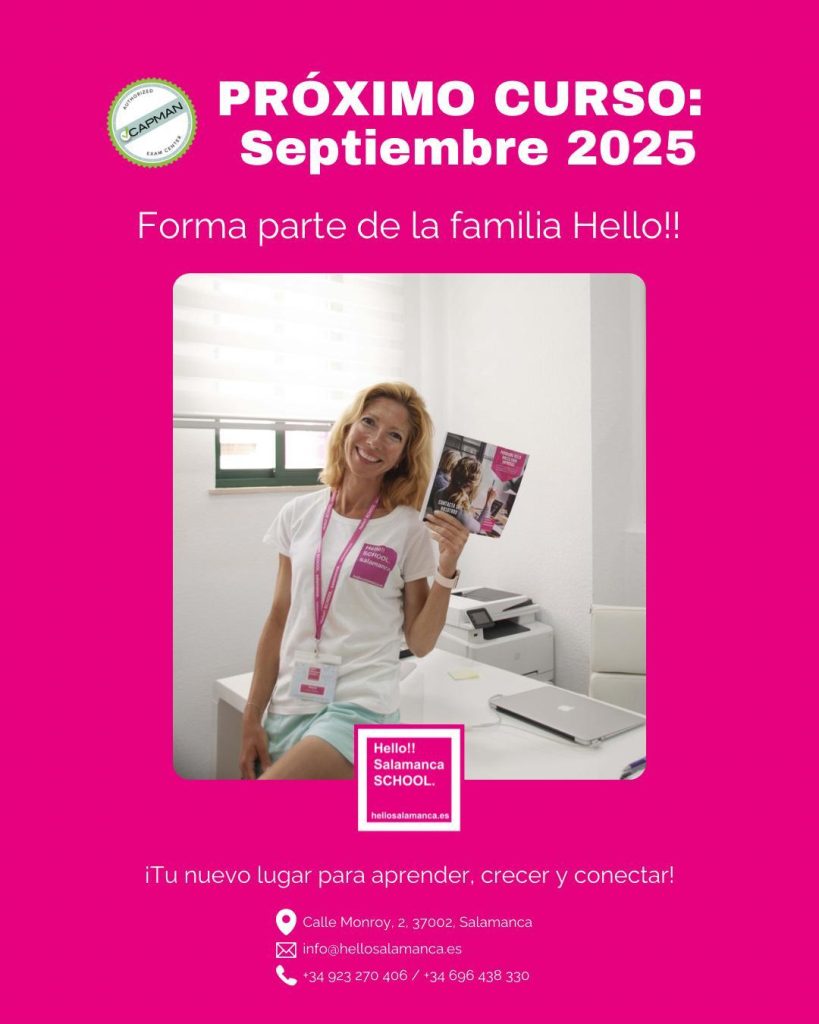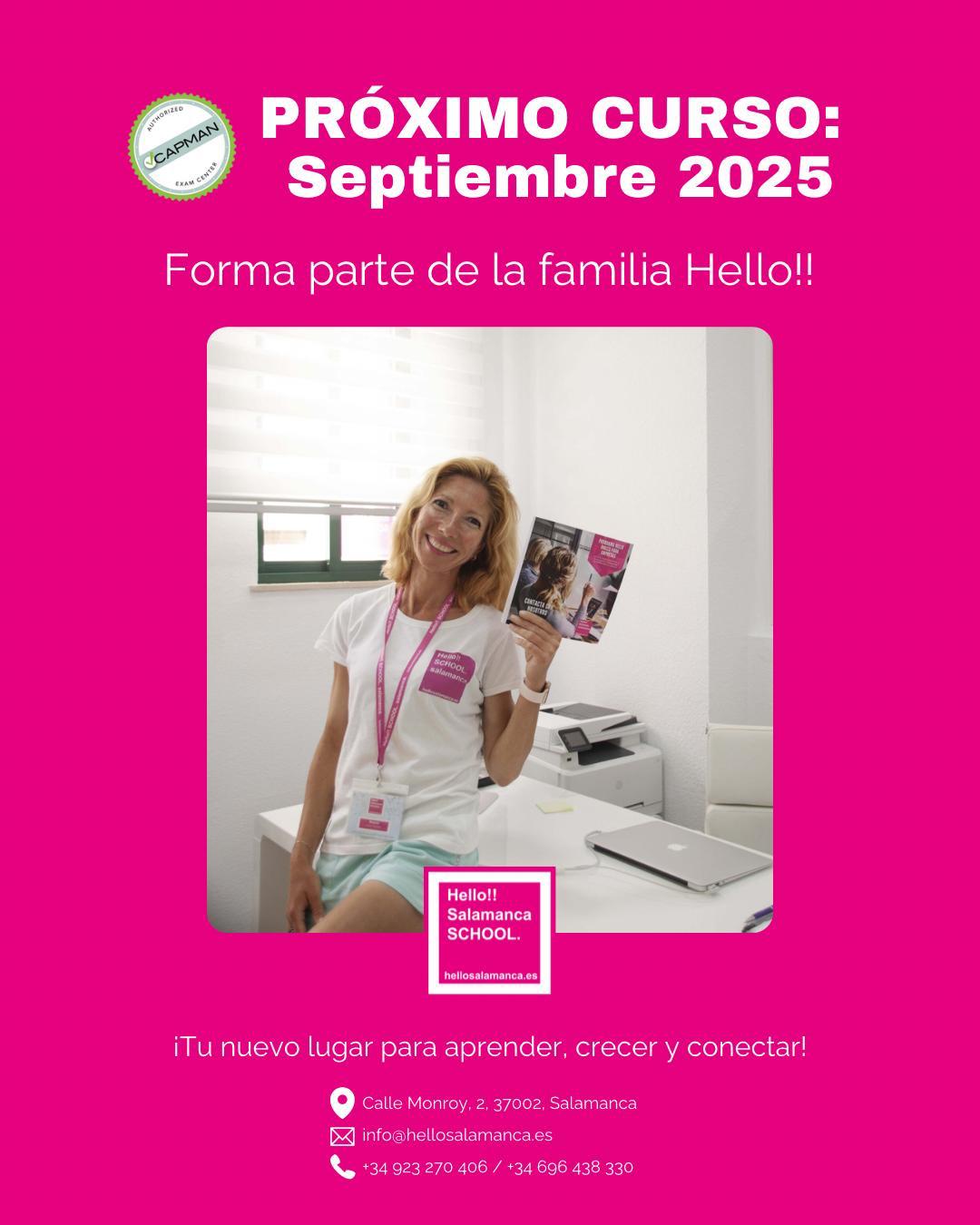We are creatures of habit. Between a third and half of our behaviour is habitual.
Unfortunately, our bad habits compromise our health, wealth and happiness.
On average, it takes 66 days to form a habit. But positive behavioural change is harder than self-help books would have us believe. Only 40% of people can sustain their new year’s resolution after six months, while only 20% of dieters maintain long-term weight loss.
With all this in mind, here are five ways to help you keep your new year’s resolutions – whether that’s taking better care of your body or your bank balance.
1. Prioritise your goals
Willpower is a finite resource. Resisting temptation drains our willpower, leaving us vulnerable to influences that reinforce your habits.
A common mistake is being overly ambitious with our new year resolutions. It’s best to prioritise goals and focus on one behaviour. The ideal approach is to make small, incremental changes that replace the habit with a behaviour that supplies a similar reward. Diets that are too rigid, for example, require a lot of willpower to follow.
2. Change your routines
Habits are embedded within routines. For example, major life events like changing jobs, moving house or having a baby all promote new habits since we are forced to adapt to new circumstances.
While routines can boost our productivity and add stability to our social lives they should be chosen with care. People who live alone have stronger routines, so throwing a dice to randomise your decision making if you do could help you disrupt your habits.
Our environment also affects our routines. For example, without giving it any thought, we eat popcorn at the cinema but not in a meeting room. Similarly, reducing the size of your storage containers and the plates you serve food on, can help.
3. Monitor your behaviour
“Vigilant monitoring” appears to be the most effective strategy for tackling strong habits. This is where people actively monitor their goals and regulate their behaviours in response to different situations. It has been found that self-monitoring was the best of 26 different tactics used to promote healthy eating and exercise activities.
Other studies informs us that “implementation intentions” are also highly effective. These personalised “if x then y” rules can counter the automatic activation of habits. For example, if I feel like eating chocolate, I will drink a glass of water.
4. Imagine your future self
To make better decisions we need to overcome our tendency to prefer rewards now rather than later. One way to fight this bias is to futureproof our decisions. Our future self tends to be virtuous and adopts long-term goals. In contrast, our present self often pursues short-term, situational goals. There are ways we can workaround this, though.
For example, setting up a direct debit into a savings account is effective because it’s a one-off decision. In contrast, eating decisions are problematic because of their high frequency. Often our food choices are compromised by circumstance or situational stresses. Planning ahead is therefore important because we regress to our old habits when feeling under pressure.
5. Set goals and deadlines
Setting self-imposed deadlines or goals helps us change our behaviour and form new habits. For example, say you are going to save a certain amount of money every month. Deadlines work particularly well when tied to self-imposed rewards and penalties for good behaviour.
Another way to increase motivation is to harness the power of peer pressure. Websites do allow you to broadcast your commitments online so that friends can follow your progress via the website or on social media (for example, “I will lose a stone in weight by May”). These are highly visible commitments and tie our colours to the mast. A financial forfeit for failure (preferably payable to a cause you oppose) can add extra motivation.










